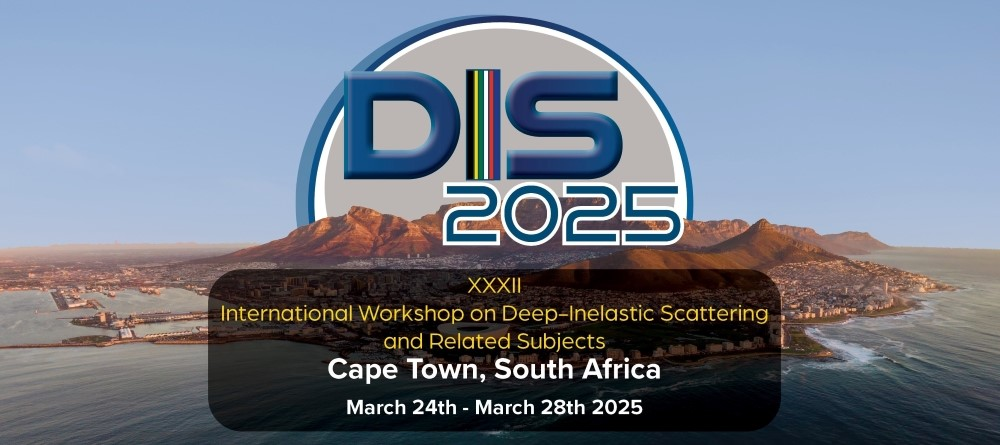Speaker
Description
A comprehensive quality assurance testing procedure is developed to ensure the reliability of transformer-coupled buck converter boards (Bricks) within the ATLAS hadronic Tile Calorimeter (TileCal). With the impending Phase-II upgrades of the TileCal, which will contribute to the success of the forthcoming High-Luminosity Large Hadron Collider, ensuring the reliability of the Bricks in the TileCal’s Low Voltage Power Supply (LVPS) system is essential. There are 256 LVPS Boxes within the TileCal, each equipped with eight Bricks that step down 200 V direct current power received from the off-detector electronics to the voltage required by the on-detector front-end electronics. The South African cluster as a part of the Phase-II upgrades, is taking a significant role in production by manufacturing half of all the Bricks required. Access to the Bricks is limited to once per year during the Year-End Technical Stops due to their location within the inner barrel of the ATLAS detector. As a result, if a Brick failure occurs it may be offline for up to one year with the front-end electronics to which it supplies power being offline for a commensurate period. Establishing a Burn-in test station is essential, aimed at subjecting LVPS Bricks to accelerated ageing to stimulate failure mechanisms and screening out defective Bricks that would compromise the detector’s performance. By ensuring the reliability of the final population of Bricks installed, we minimize instances of the front-end electronics being offline, thus improving detector performance and data integrity.
